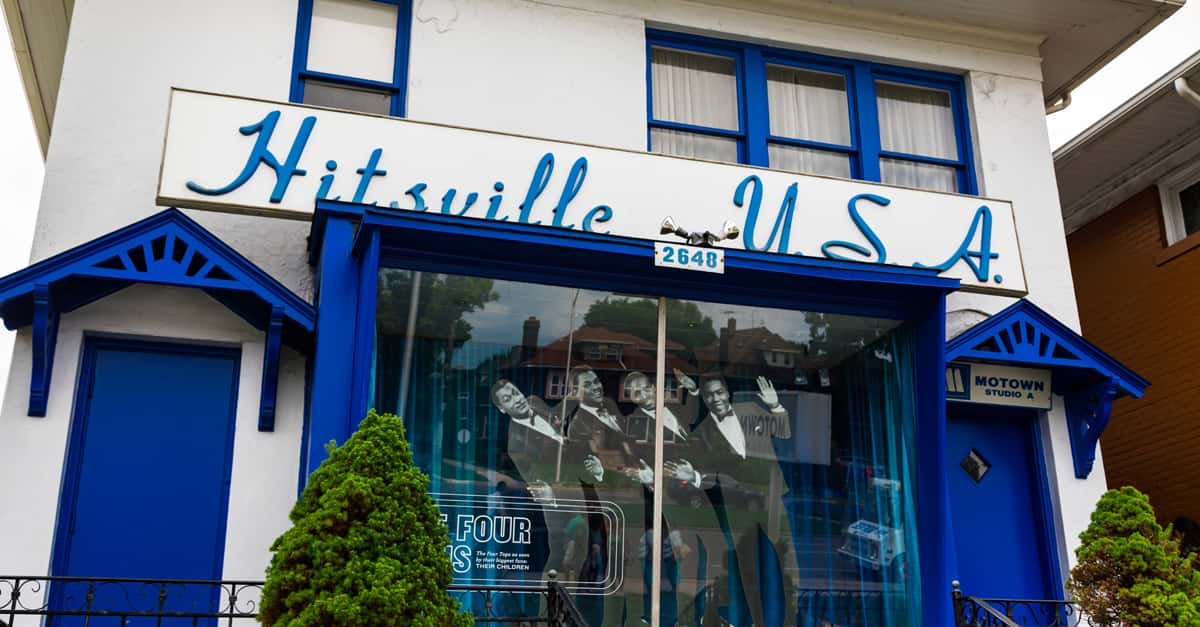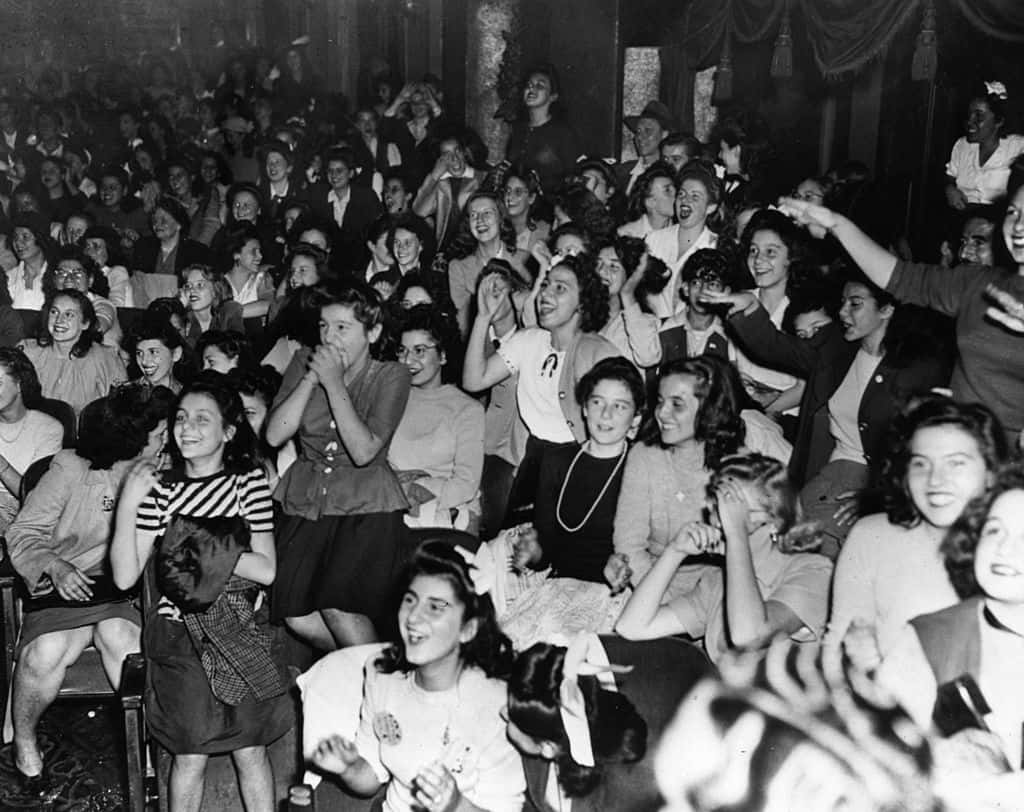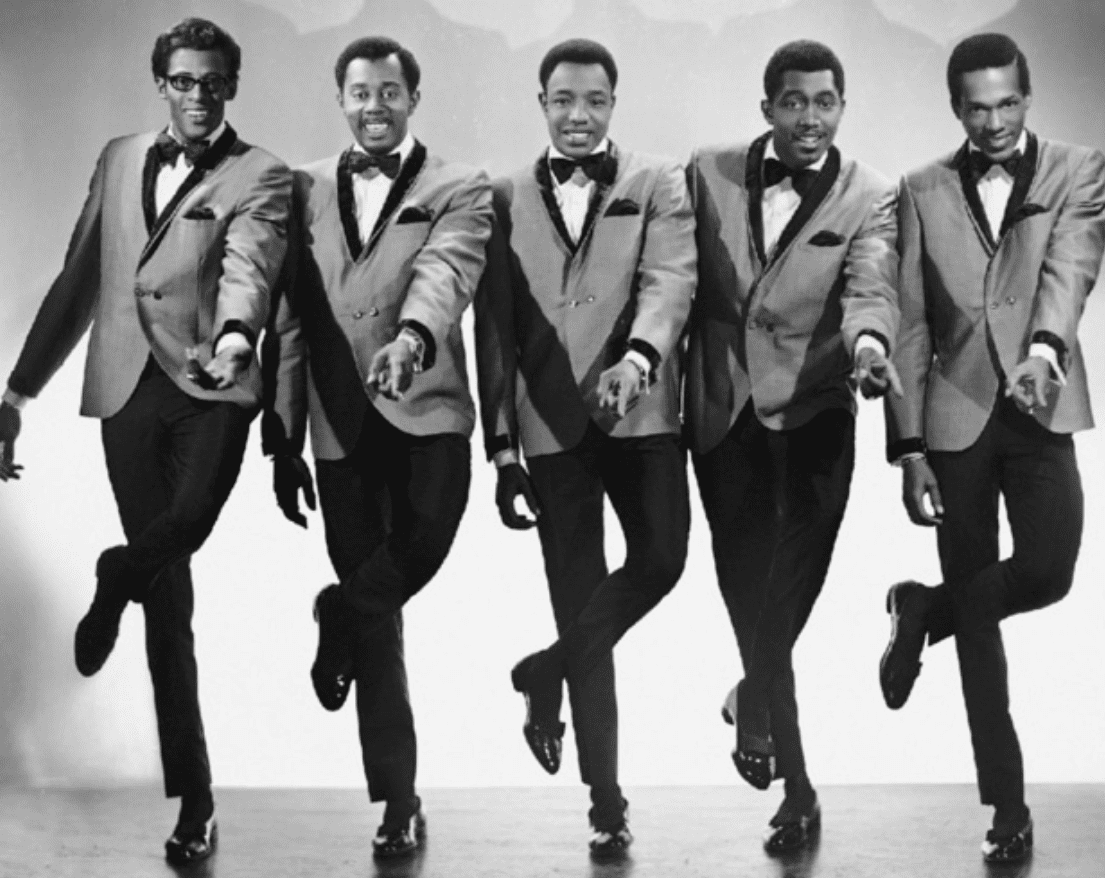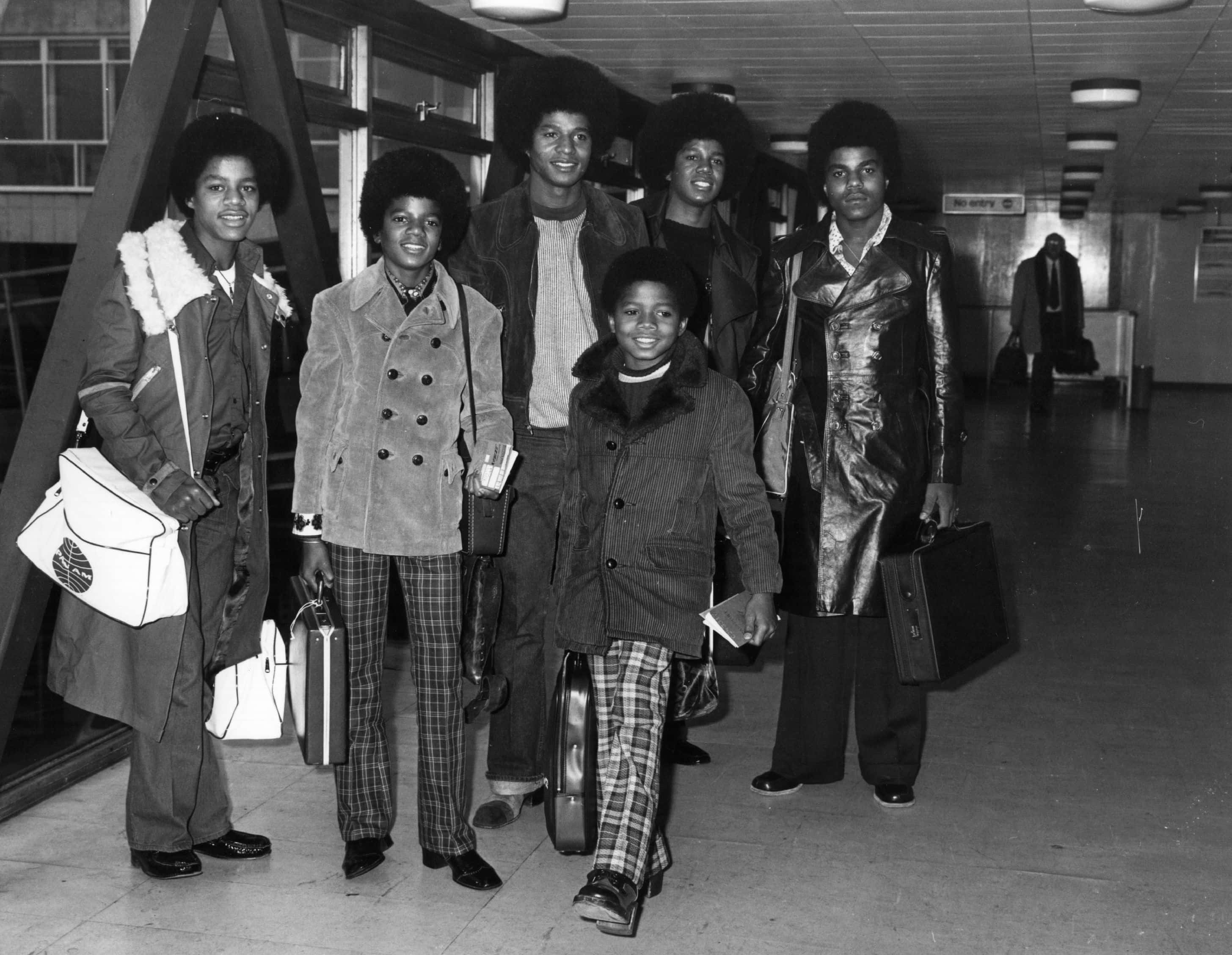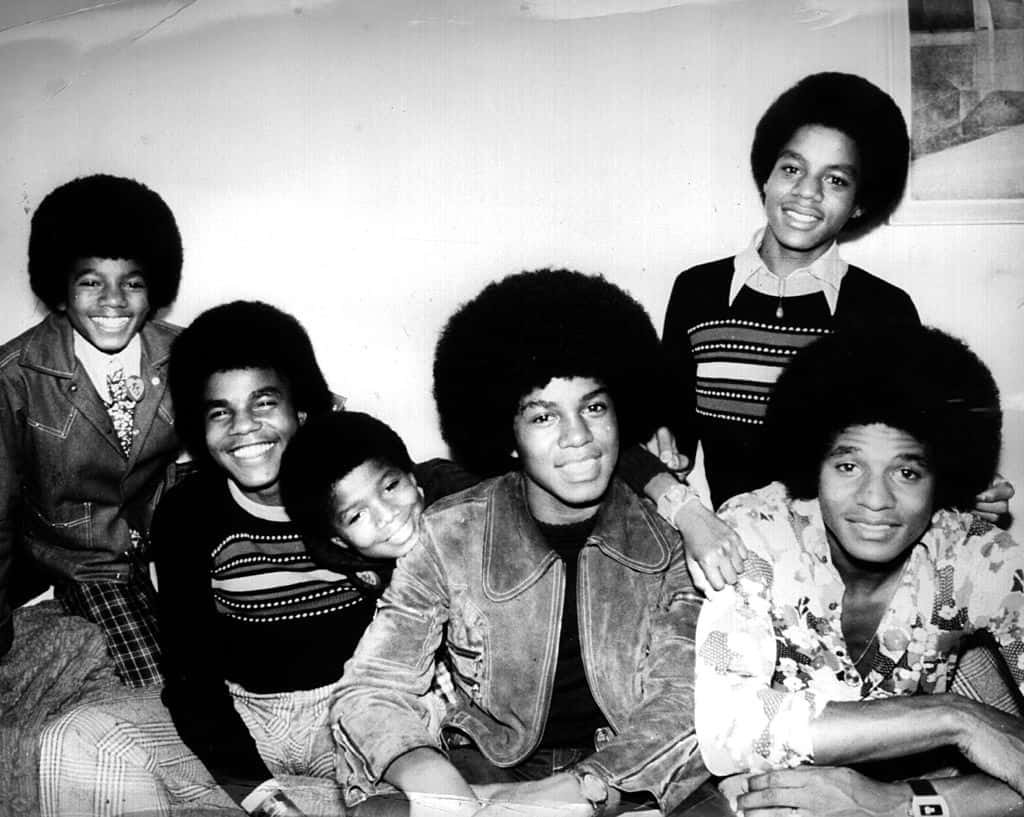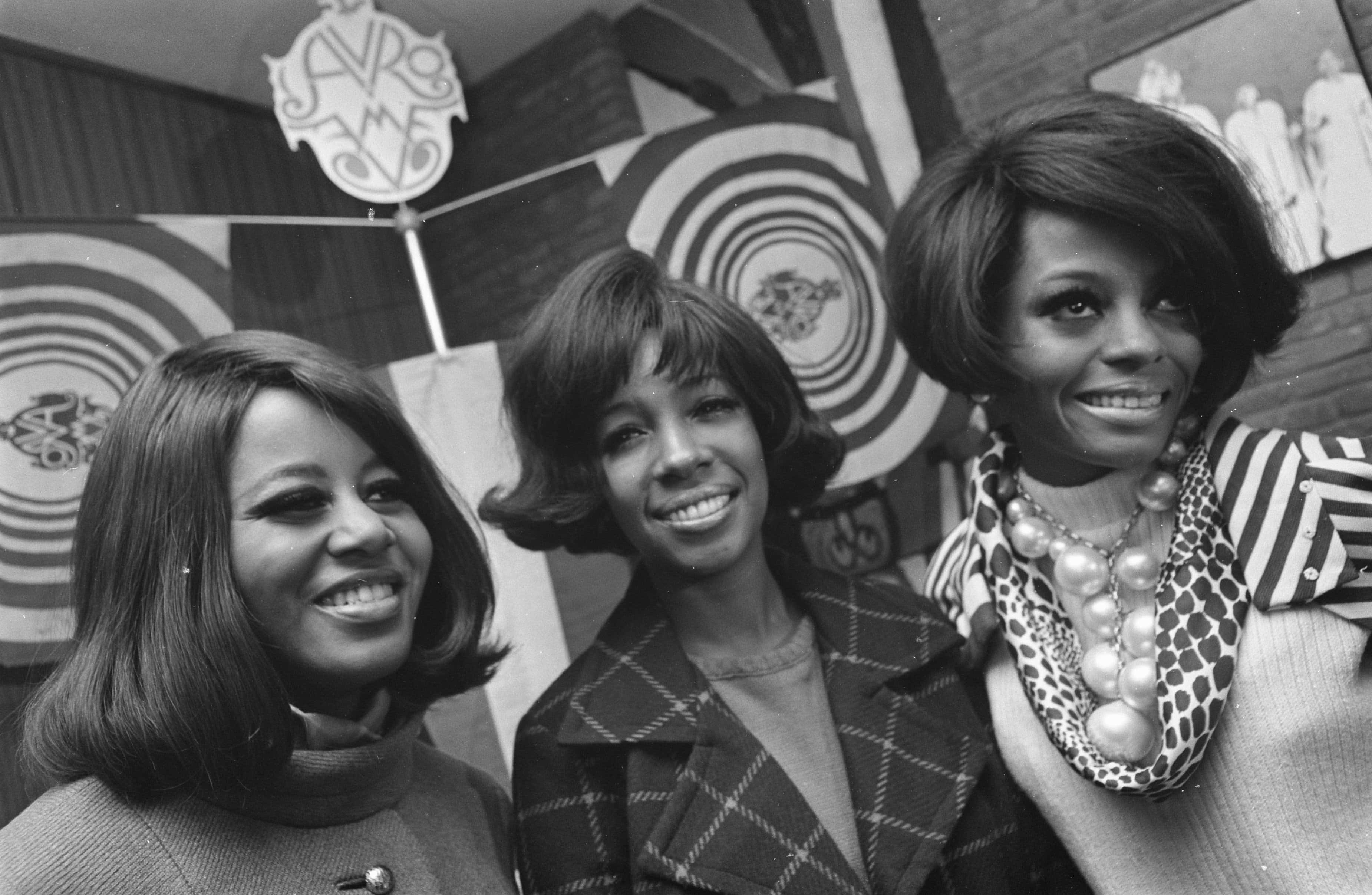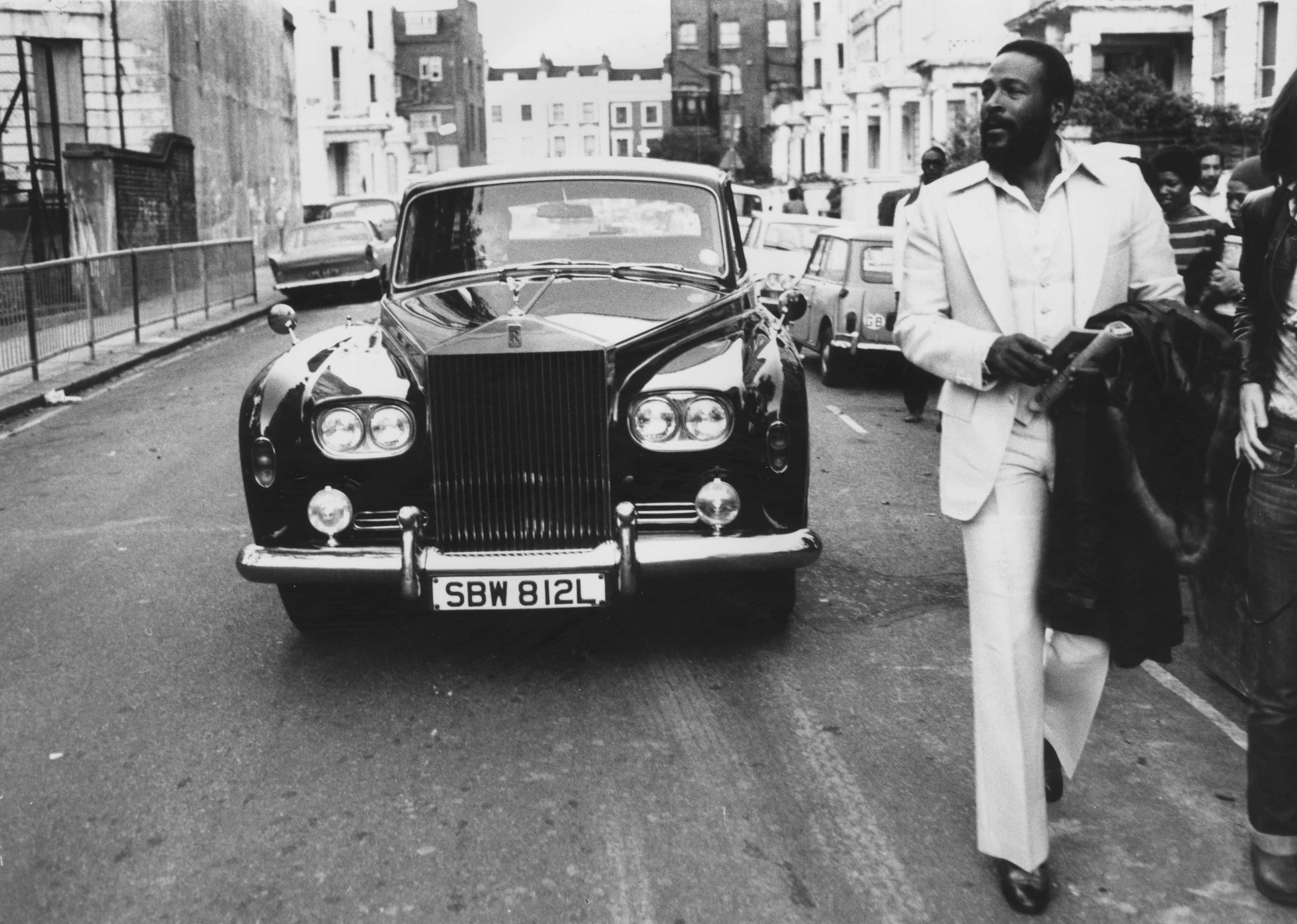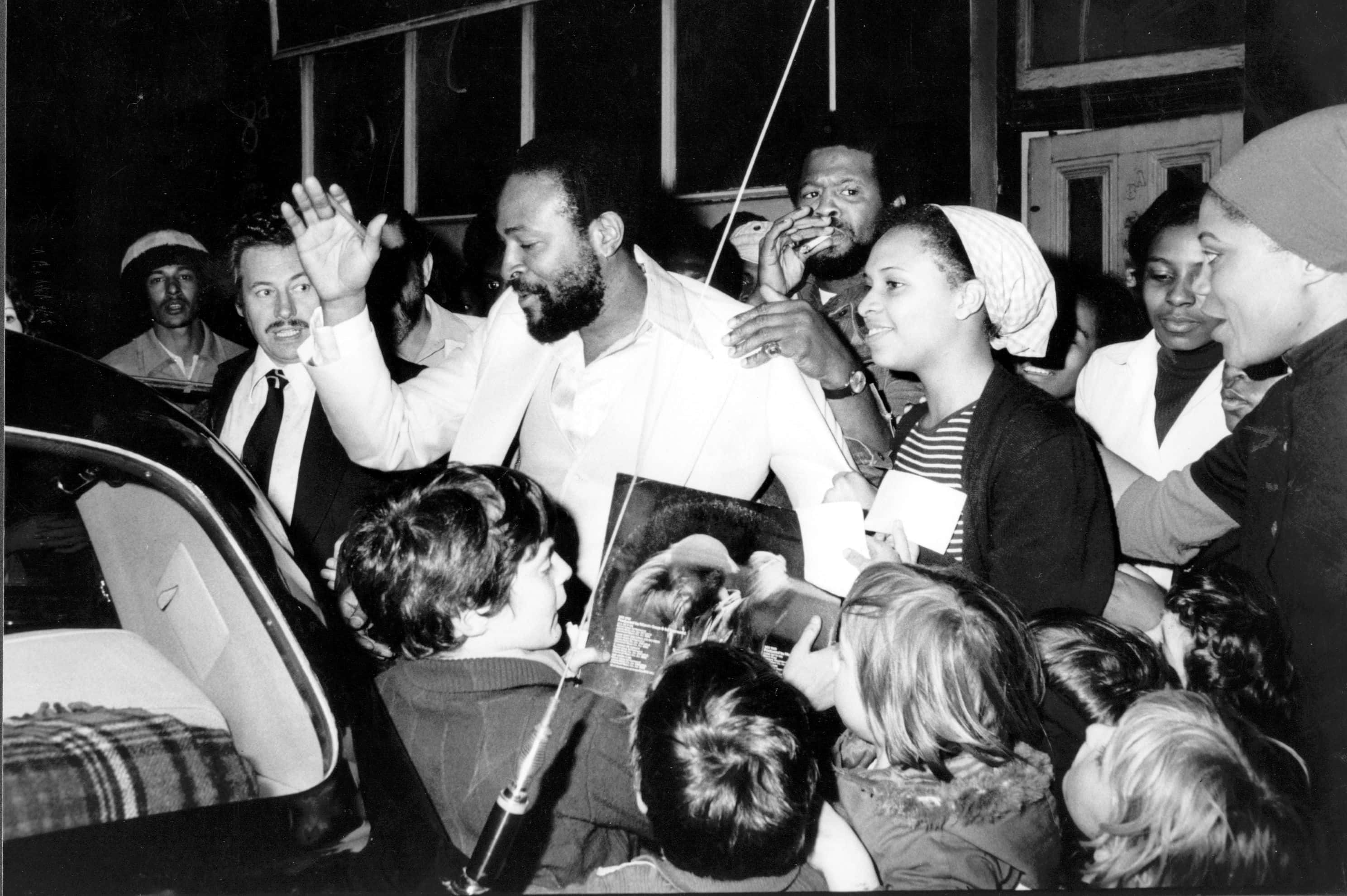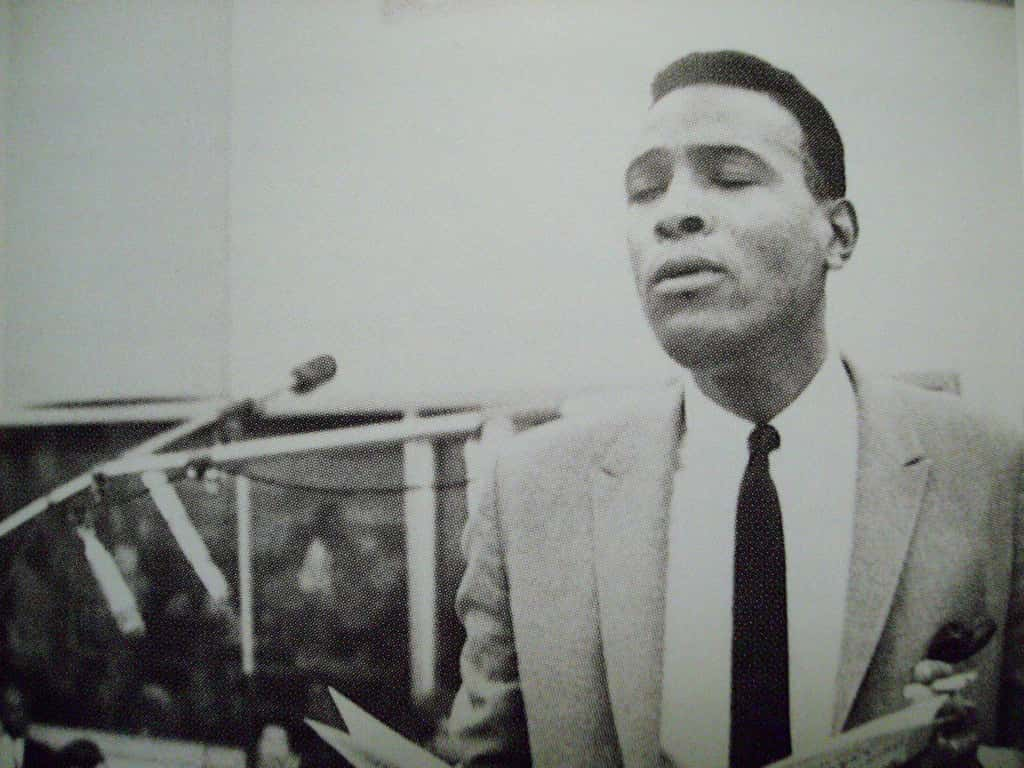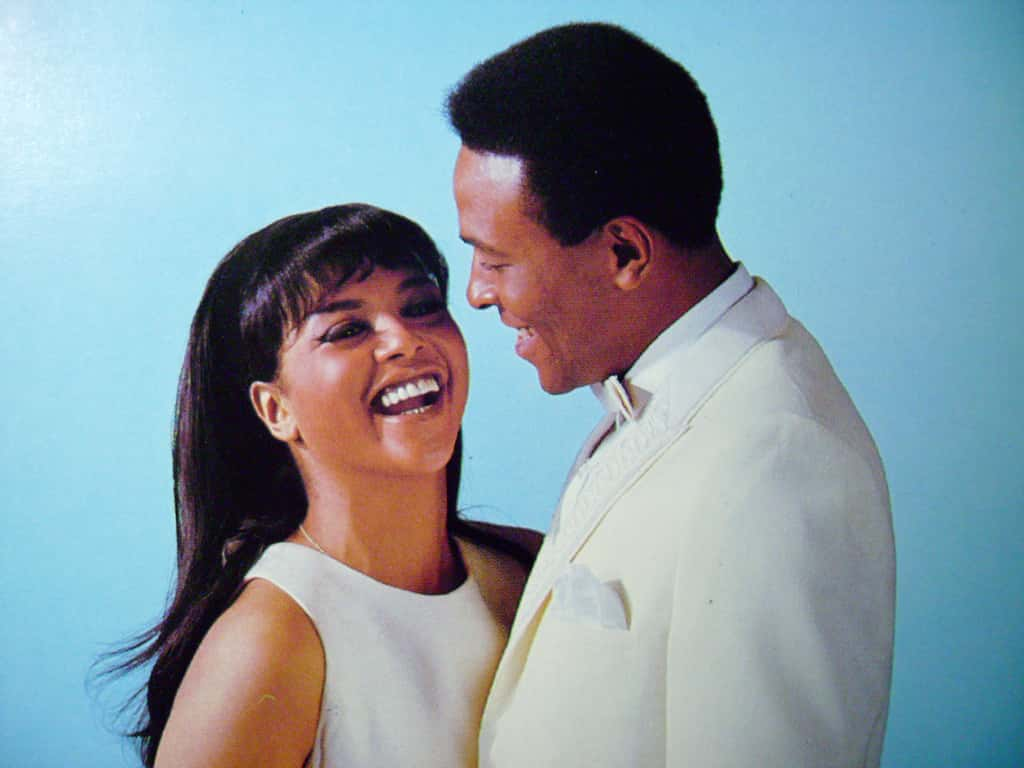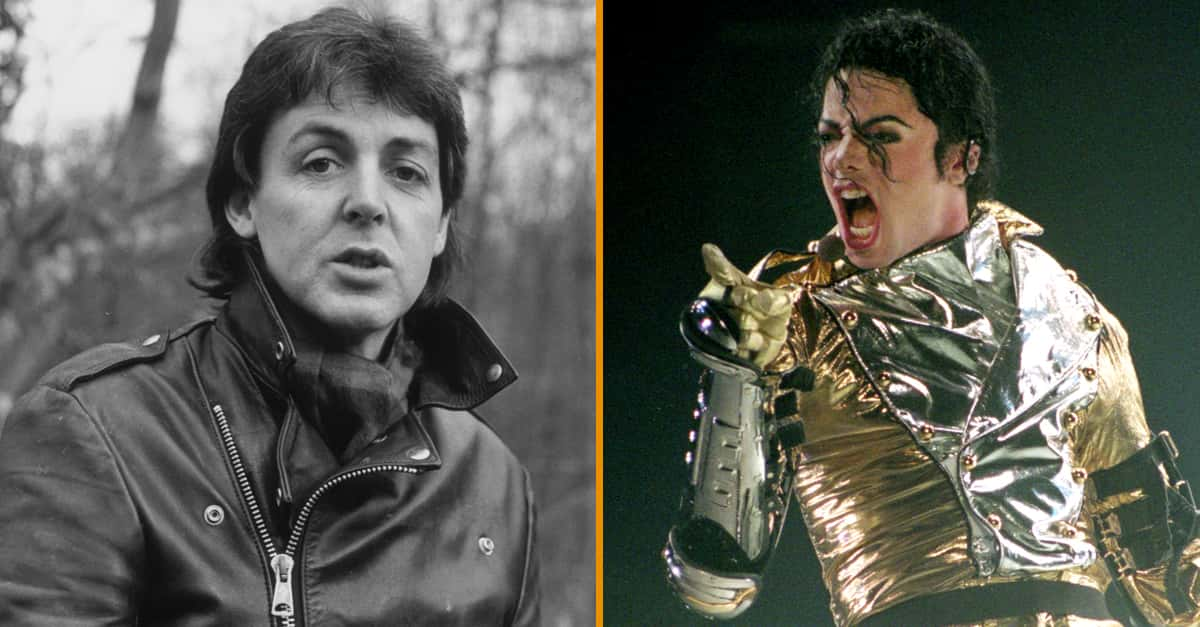Even if you don’t know the original songs, you’ve undoubtedly heard a Motown hit in your lifetime. What started as a humble family business in Detroit, Michigan, has grown into one of the biggest and most successful companies in the music industry and has a long history of producing some of America’s most beloved talent.
From Marvin Gaye to Gladys Knight, Smokey Robinson to Stevie Wonder, the list of legendary recording artists who came out of Motown is inexhaustible. With so many big personalities, Motown has certainly seen its fair share of controversy and intrigue as well. Here is just a taste of some of the fascinating facts about Motown Records.
1. Roll With the Punches
Before he made it big managing acts like The Miracles, Berry Gordy III, the founder of Motown Records, was a professional boxer. He participated in 15 Golden Glove matches between 1948 and 1951. He had a pretty good record, too: he won 12 of his 15 fights and even landed on the same ticket as the famous Joe Louis in 1948.
He had to cut his career in the ring short after being recruited to serve in the Korean War.
2. On the Go
Many of the biggest acts to become associated with the Motown record label came from humble beginnings. Diana Ross of the Supremes is a perfect embodiment of the graft that many of these artists put in before hitting it big. Long before the Supremes had any number one hits, Ross could be seen around Detroit carrying a little, portable record player.
She wanted to make sure as many people as possible heard their new singles!
3. Parting Shots
Berry Gordy has made a lasting contribution to the music industry, and his heirs have been living up to the family name. Gordy’s son Stefan and his grandson Skylar together comprise the duo LMFAO, famous for musical masterpieces like “Party Rock Anthem” and “Shots.”
4. Presidential Company
Berry Gordy is related to none other than former US president Jimmy Carter. Gordy’s grandfather's half-brother was Carter's grandfather. Small world!
5. It’s a Hit!
The Miracles were the very first act that Berry Gordy took under his song-writing wing, which helped establish a legacy. Throughout a number of lineup changes, The Miracles have amassed over 50 top 40 hit tracks, with many reaching the top 20 and about five #1 hits.
6. Showered with Honors
The Miracles have become known as one of the most influential and cherished musical acts in American history, a status reflected by their many accolades. Among more recent honors, they were named to the 32nd spot on the Rolling Stone Top 100 Greatest Artists of All Time List in 2004 and 2011. They also received a star on the Hollywood Walk of Fame in 2009.
7. In the Shadows
When Smokey Robinson was inducted into the Rock n’ Roll Hall of Fame in 1987, the decision caused quite a bit of controversy. That’s because Robinson was inducted as a solo artist, which left the rest of the Miracles out in the cold. For many, this neglect encapsulated a long history of the music industry downplaying the talents and achievements of Motown artists.
The Hall of Fame eventually corrected their mistake and inducted all of The Miracles in 2012.
8. Bending the Rules
Berry Gordy had a bit of a problem when his acts started taking off: if all his acts were played by the same radio stations, he would be accused of operating a payola scheme. Payola refers to the illegal practice of record producers or companies playing DJs to play their music more than other labels. Gordy got around this dilemma by creating multiple subsidiary imprints based around the Motown label.
These included Tamla Records, Motown Records, Gordy Records, and Tamla Motown Records.
9. What’s in a Name?
Ever wonder where the name “Motown” came from? The answer is rather simple: it’s a portmanteau of “Motor” and “Town.” The combination is a reference to Detroit, where the record label was founded. In the late 1950s and early 1960s, Detroit was a boon for the automotive industry—hence Motor Town, USA.

History's most fascinating stories and darkest secrets, delivered to your inbox daily.
10. Dreaming Big
When Berry Gordy decided to make it on his own in the music industry, he had a modest start. Rather than huge backing, he merely started with an $800 loan from his family, some royalty money he earned writing for Jackie Wilson, and the determination to make it big. Currently, Gordy is one of the wealthiest CEOs in the music industry.
11. Next Best Thing
Before Motown was Motown, Berry Gordy created his first record label under the name Tamla Records. If Motown is an homage to the Motor Town of Detroit, Michigan, what’s the deal with Tamla? Originally, the record label was going to be called Tammy Records. That name came from a song sung by Debbie Reynolds in Tammy and the Bachelor (1957).
But someone had already taken that name, so Gordy just changed a few letters around!
12. Whose Legacy?
As much as Motown has been a central component of popular American music since the mid-twentieth century, it has had its fair share of controversy over the way Berry Gordy ran the company. The first, and one of the most famous disputes, came when the chief songwriting team of Brian Holland, Lamont Dozier, and Eddie Holland sued Motown records for the unfair distribution of royalties.
The suit was eventually settled in 1977, but it was the first in a long line of litigation from former Motown artists and songwriters who claimed they’d been given unfair contracts.
13. Girl Power
As the second Motown act after The Miracles, The Marvelettes became the record label’s first successful girl group. The core members, Gladys Horton, Katherine Anderson, Georgeanna Tillman, and Wanda Young were schoolmates at Inkster High School. They made it big with their No. 1 hit single “Please Mr. Postman” in 1961. Some dreams really do come true!
14. Say Cheese!
Before it made solid gold records, Hitsville U.S.A., the epicenter of Motown Records, was host to a different kind of art form. The studio located at 2648 West Grand Boulevard in Detroit, Michigan was initially home to a photographer’s studio. Little is known about the previous owner of one of America’s most treasured musical locations—but it had all the right space and equipment to turn out the hits!
15. Gone But…Now for Parkin’
A sign of the times, some might say, but when Motown’s mogul Berry Gordy purchased the Donovan building, a historic center at the corner of Woodward Ave. and Interstate 75 in Detroit, he couldn’t possibly have seen what the future had in store. Demolished in 2006, the Donovan building became a parking lot when Super Bowl XL was held at Ford Field in Detroit.
16. Out of Dodge
As a smart businessman, Berry Gordy saw the tides before they came in. Such was the case in the 1970s, when the automotive industry in Detroit started to falter. Gordy saw the horizon for the economy and decided to shut up shop in Michigan and relocated the headquarters of Motown Records to Los Angeles, California in 1972.
17. Comforting Sounds
One of the reasons that the Motown has such a unique sound comes down to the instruments they used. Often many bands re-used the same instruments that were kept in the Motown studios. A good example of this was the “Motown Piano,” which was an 1877 Steinway grand piano. This piano was used for many iconic Motown bands, including the Funk Brothers.
18. Can I Get a Taste?
Paul McCartney—you know, of that little musical act called The Beatles—was so enamored with Motown that he arranged for a private tour of Motown records in Detroit in 2011. What he really wanted was to play the famous “Motown Piano” that gave such a unique sound to the artists. Of course, what happens when a piano sits unused in humid conditions? It gets really out of tune.
McCartney couldn’t hold a single tune because the piano was so out of whack. So, naturally, the museum had the instrument retuned in 2012.
19. Beware of…Curator
When Berry Gordy moved Motown records to Los Angeles, California in 1972, he did so without the help of his older sister, Esther. Esther decided to stay on and run the home in Detroit, eventually being persuaded to let visitors see the house where music history used to be made.
20. Grand Matriarch
Apparently, when Esther Gordy Edwards took a vested interested in her younger brother’s record company, after loaning him $800, she focused on the younger artists. Rumor has it that Esther acted as a kind of mother figure to younger acts who otherwise were thrust into the limelight with little preparation.
21. Fruit of Your Labor
The “Motortown Revue” was a series of concerts created by motherly Motown figure of Esther Gordy Edwards in the mid-1960s. The revue featured some of the most important acts of the day, including many famous artists not directly associated with Motown—names like Otis Redding and Stevie Wonder.
22. Sign of the Times
The Motortown Revue was one of the most successful musical traveling acts throughout the 1960s, but as this was a different time, the performers were not always welcomed everywhere they went. In the South, shows were often divided: one for white audiences and one for black audiences. Racism became a major issue during a lot of these Southern shows.
White audiences at times attacked or threatened the black performers of the Revue.
23. Smoke Show
Smokey Robinson, the famous lead singer of the Miracles, received his nickname thanks to his uncle when he was a kid. His uncle would often take to the movies—they both loved Westerns. The young Robinson was so interested in cowboy culture that he earned himself the nickname Smokey Joe. From then on, people just called him by his nickname.
Hey, it seemed to work!
24. Getting in the Groove
One of the reasons that Motown has had such a lasting effect on American culture was because its acts were so willing to change with the times. The Temptations are a perfect example of this willingness: they were initially a successful soul and R&B group known for their ballads. But in 1969, with times and tastes changing, The Temptations adopted a style that would come to be known as “psychedelic soul” in their hit record Cloud Nine.
25. The Moral of the Story
Such is the power of music, at least as far as Otis Williams is concerned. Williams, one of the main members of The Temptations, has been told on numerous occasions that his music has had a massive effect on his fans. In particular, the hit psychedelic soul epic “Runaway Child, Running Wild” has apparently scared a number of fans away from becoming runaways as adolescents.
The story told in the lyrics is a rather harrowing one.
26. From Pretender to Idol
Before the Jackson 5 became the biggest selling group on Motown’s roster in the late 1960s and early 1970s, the Jackson brothers were just regular kids who grew up idolizing other Motown acts like The Temptations. In fact, the Jackson 5 first started to gain some reputation when they won their high school talent show covering hits like “My Girl.”
It was only a matter of time before they were opening for Diana Ross!
27. If at First, You Don’t Succeed
Add this to the pile of famous rejections: when the Jackson 5 first had their demo tape sent to Motown Records, Berry Gordy rejected it! It wasn’t just a cold call either—the tape was sent in by the legendary Gladys Knight! Tough crowd.
28. Royal Pain
With declining record sales in the mid-1970s, the Jacksons decided it was much better to break up the band and pursue their own solo careers. Part of the reason the Jackson 5 bit the dust at this point was because Motown Records was too controlling and offered very unfair terms. All song-writing had to be okayed by the company, while royalties from songs and record sales were a measly 2.8%.
29. We’re Number One
At the height of their popularity, Diana Ross and the Supremes were simply unstoppable. The group even achieved a world record by scoring 12 number-one hits on the Billboard Hot 100 music charts. Some of these hits, like “Stop! In the Name of Love” and “Someday We’ll Be Together” have had a massive impact on the pop landscape around the world—everyone knows these tunes!
30. From Studio to Silver Screen
A number of Motown’s biggest artists were multi-talented and earned plaudits outside the music industry. For example, Diana Ross has made several appearances on the big screen in films like Lady Sings the Blues, from 1972. She was so good in that film, she was nominated for both a Golden Globe and an Oscar!
 Wikipedia
Wikipedia
31. Child Prodigy
He’s one of America’s most beloved singers and was ranked the ninth-best singer of all time by Rolling Stone, and Stevie Wonder knew pretty early on he was destined for big things—and so did Berry Gordy and Motown. He signed for Tamla records at only 11 years old!
32. A Long Tradition
Motown owed a lot of its early success to the stretch of nightclubs and blues bars throughout the eastern, southern, and upper Midwest areas of the United States that sprung up amidst racial segregation in the United States. These clubs together were known as the “Chitlin’ Circuit” and was the main series of venues for Black performers from the mid-19th century until the 1960s. The Motortown Revue got its start on this circuit in the 1950s.
33. Family Fortunes
Everything about Motown act Gladys Knight and the Pips was a family affair, even down to the unique name! The group consisted of Gladys, her brother Merald “Bubba Knight,” her sister Brenda Knight, and her cousins Eleanor and William Guest. The name “Pips” came from a nickname that had been given to one of their cousins.
Hailing from Atlanta, Georgia, the group mostly performed in talent shows and having some minor success in the 1950s until they finally joined Motown Records in 1966 and became a huge success with their first single “I Heard it Through the Grapevine.”
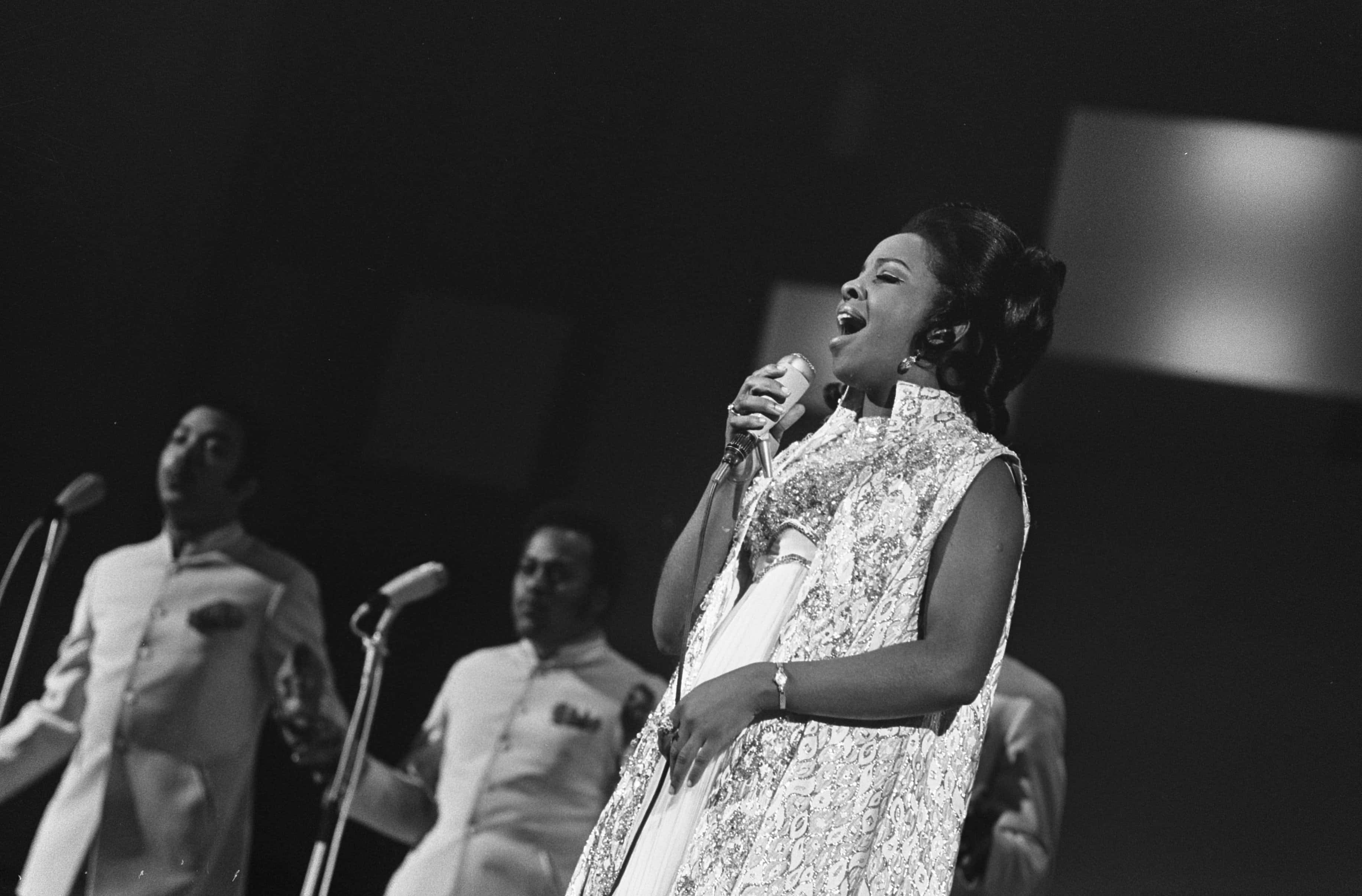 Wikimedia Commons, Rob Mieremet
Wikimedia Commons, Rob Mieremet
34. Through the Grapevine
Part of Motown’s lasting legacy has come from how often their artists’ songs have been covered by major recording artists around the world. The Beatles were famously huge fans of Motown records and covered a number of those songs. American rock bands like Credence Clearwater Revival also put their own spin on classic Motown songs such as “I Heard it Through the Grapevine,” originally penned and recorded by Gladys Knight and the Pips.
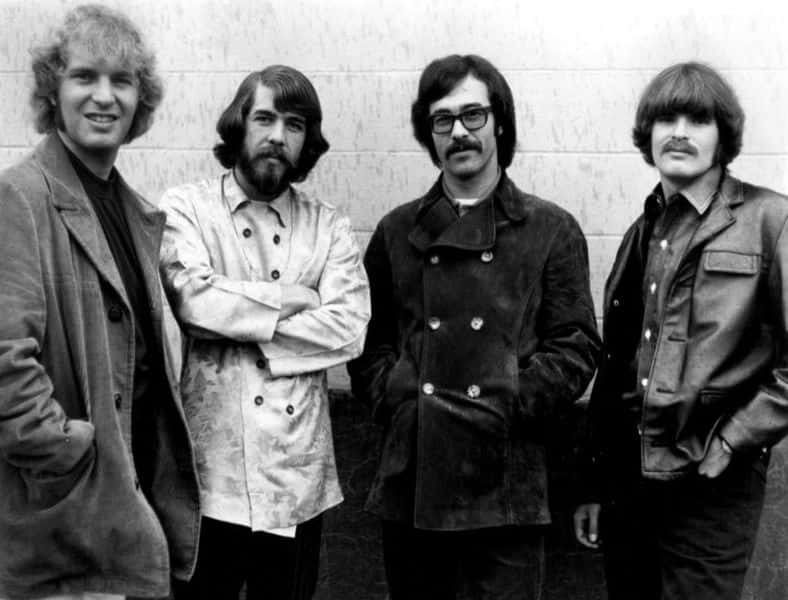 Wikimedia Commons
Wikimedia Commons
35. Try, Try Again
While Motown founder Berry Gordy became one of the most successful African-American businessmen ever, his first business was not a hit. Still a young man finding his way in the world, Gordy opened up a shop called the 3-D Record Mart. The main selling point for the record store was that it offered a mixture of jazz and…3-D glasses. Perhaps unsurprisingly, the store was not a huge success and quickly closed its doors.
36. Grounded
After Marvin Gaye ran away from home when he was 17, he enlisted in the US Air Force. Gaye had never really got along with his father and saw the Air Force as his way out. The only problem was that he was not so keen on following orders all the time. With a voice like that, who can blame him? He received an honorable discharge from the Air Force in 1956, and he began to pursue his music career.
37. Early Sessions
Marvin Gaye represents a kind of miniature rags-to-riches story from the ranks of Motown musicians. He had to put in the hours before he got his big break as a top vocalist for the record company. In the early years with the company, Gaye was a session drummer, who can be heard on recordings from artists including The Supremes, the Marvelettes, and Stevie Wonder!
38. Calling an Audible
Marvin Gaye was at the peak of his soul-crooning powers when he approached the higher-ups with an idea. Having been a successful football player in high school, he was determined to put his sporting talents to good use and really wanted to play for the Detroit Lions of the NFL. His producers, perhaps wisely, didn’t let him fulfill this particular dream, as they feared being roughed up in the line of scrimmage might affect his vocal prowess in the studio.
39. In Your Arms
For all his success, Marvin Gaye’s life was also full of tragedy. In 1967, he was on stage singing a duet with Tammi Terrell in Farmville, Virginia, when Terrell collapsed in Gaye’s arms. The two had sung together on the smash hit “Ain’t No Mountain High Enough” and a few other tracks, and were close companions. It was revealed that Terrell had a malignant tumor in her brain. She continued recording with Motown, but she succumbed to the disease three years later, in 1970.
40. Never Again
After Tammi Terrell’s death cancer diagnosis, Marvin Gaye suffered from a period of depression that saw him almost quit the music industry altogether. He had become entirely disaffected with the way the industry treated individuals and couldn’t bring himself to write or record any new songs. It took two years before Gaye returned to Motown studios to record a new track.
41. No Laughing Matter
Marvin Gaye’s life came to a tragic end at the hands of his own father, Marvin Gay Sr., on April 1, 1984. The singer had attempted to intervene in a fight between his parents, when his father, with whom he had always had a tense relation, pulled out a gun. Marvin Gay Sr.’s charge was eventually dropped from first-degree murder to voluntary manslaughter, because it was discovered he had a brain tumor that might have interfered with his decision making.
42. Baby Love
From 1965 until 1971, Diana Ross was in a romantic relationship with Berry Gordy himself. In fact, she was pregnant with Gordy’s child when she married music executive Robert Ellis Silberstein in January 1971.
Sources: 1, 2, 3, 4, 5, 6, 7, 8, 9, 10, 11, 12, 13, 14, 15, 16, 17, 18, 19, 20

